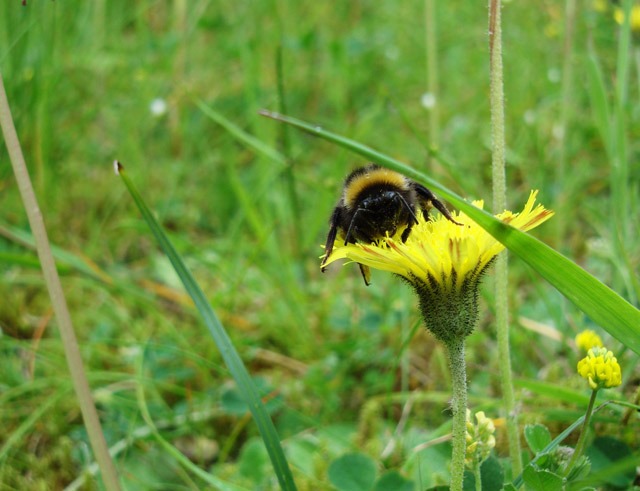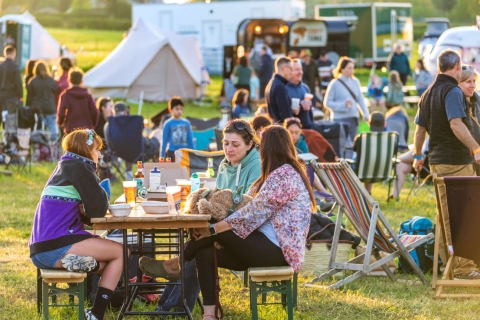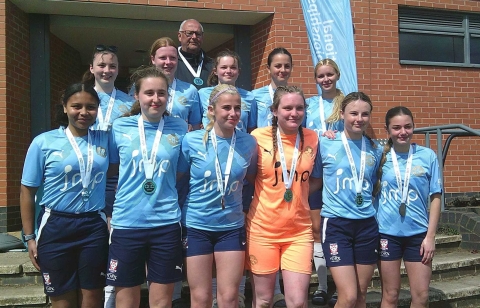
North Yorkshire County Council is working with the county’s schools to set up bee-friendly habitats in school grounds to help to reverse the decline of the UK bee population.
The county council’s countryside services have produced a school information pack about creating wildlife areas attractive to bees. Schools are advised that even small changes to school grounds can make the difference. Tips include creating colourful wildflower areas, hedges, planting berry-rich rather than ornamental shrubs and developing mini-beast environments.
The decline of honey bees and bumble bees has been recognised as a critical national issue for a number of years. Bees pollinate a third of everything we eat. In the UK, bee pollination is worth around £430 million to the economy in increased crop yields, including raspberries, apples, oilseed rape and beans. There are 24 species of bumble bee in the UK – 18 of these are in decline and six have been designated as priority species for conservation action. In the last 70 years, two bumblebee species have become extinct in the UK.
[sam id=”4″ codes=”true”]
For this reason the county council, through its biodiversity officer and a member’s task group, has been exploring how it can help to reverse the decline through projects on county land holdings. As the county has nearly 400 schools, school grounds present a rich opportunity for developing bee-friendly habitats as well as teaching children about local wildlife.
Ian Fielding, Assistant Director of Waste and Countryside Services, said:
The loss of bees highlights the loss of many insect species in the countryside, often related to human activities. This project could not only make a significant impact on struggling groups like honey bees and bumblebees, but also help a much bigger range of animals and plants that are in decline. It is also a great opportunity for children to learn about and get involved with their local wildlife, without having to leave their own school grounds.
To download a copy of the pack, visit www.northyorks.gov.uk/biodiversity





